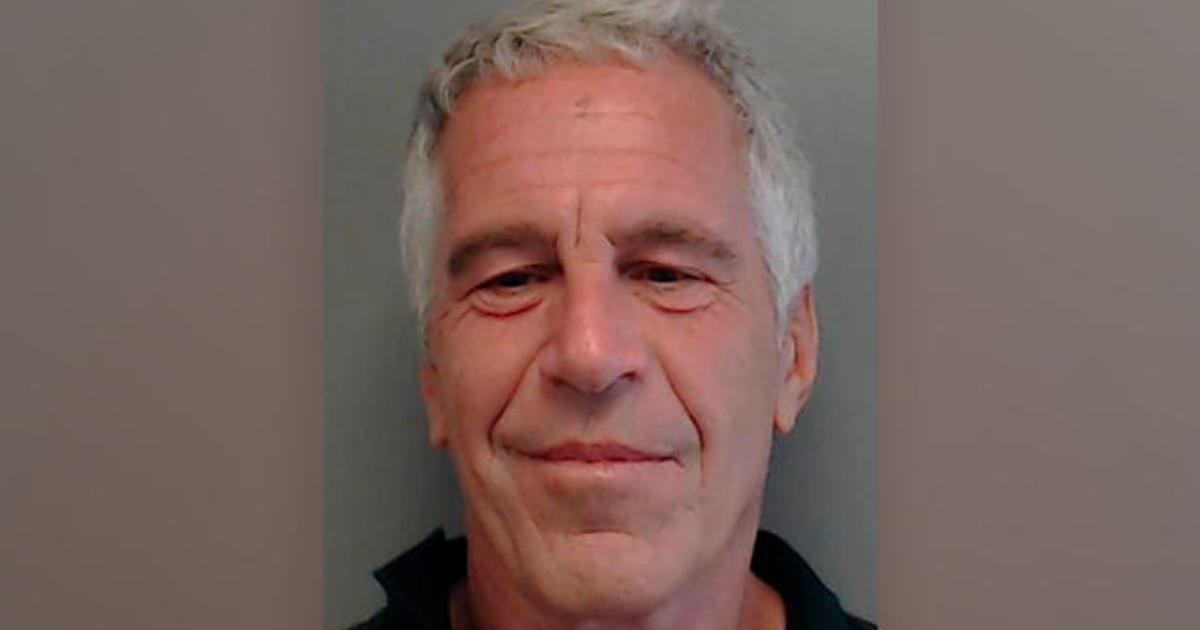
A three-judge panel in a New York appeals court asked questions Wednesday that appeared to signal they would make documents public related to multimillionaire financier Jeffrey Epstein‘s plea deal for sexually abusing teenage girls, according to the Miami Herald. The Herald is suing to unseal the records, claiming it violates the First Amendment to have them sealed.
The Herald, supported by 32 other media organizations and Harvard lawyer Alan Dershowitz, is suing to have documents related to a lawsuit by Virginia Roberts Giuffre, who alleged Epstein’s partner approached her when she was 16 and working at Donald Trump’s Mar-a-Lago resort about becoming a masseur for Epstein. Giuffre alleges she and other girls were sexually abused and trafficked to a number of other wealthy individuals between 1999 to 2002.
The files on the case, which was settled in 2017, contain more than 1,000 documents, lawyers said during oral arguments, according to the Herald.
Attorneys for Dershowitz, a former Epstein defense attorney, argued the documents will erase any doubt Dershowitz that he was involved in Epstein’s crimes, according to the Herald.
Epstein pleaded guilty in 2008 on two state charges in a non-prosecution deal with the South Florida U.S. attorney’s office, which was then led by current Labor Secretary Alex Acosta. Epstein served 13 months in jail, was required to reach financial settlements with many of the victims and registered as a convicted sex offender.
But Epstein could have faced a possible life sentence if federal prosecutors had pursued a draft 53-page indictment that was never filed. The indictment alleged he had a network of teenage girls, coerced them into performing sex acts in his Florida mansion, and trafficked the minor girls for sex parties in his homes in other parts of the country
Acosta agreed to have the plea deal sealed until after it was approved by a judge, preventing any of the victims from learning about the deal. In November, the Miami Herald published a blockbuster investigation into the deal and Acosta’s involvement.
Details about the secret deal were expected to become public as part of a separate lawsuit that was set to go trial when Epstein reached a last-minute settlement in December 2018, just before jury selection was about to start.
But in another separate case, a Florida federal judge ruled last month that Acosta’s prosecutors violated the victims’ rights by secretly reaching the non-prosecution agreement with Epstein. U.S. District Judge Kenneth A. Marra stopped short of voiding the agreement, but said prosecutors had misled the girls into believing an FBI investigation was still going on against Epstein when it had been secretly closed after the plea agreement.
Two of the victims sued under the Crime Victims’ Rights Act, which gave them right to be informed of the plea agreement. Marra said prosecutors had violated the Crime Victims’ Rights Act.
Marra gave the Justice Department until March 8 to seek a settlement with the victims’ attorneys. On Tuesday, the U.S. Attorney’s Office in Miami recused themselves from the case, with federal prosecutors from Atlanta saying on Wednesday that they would take over.

